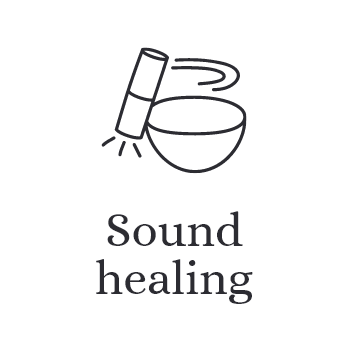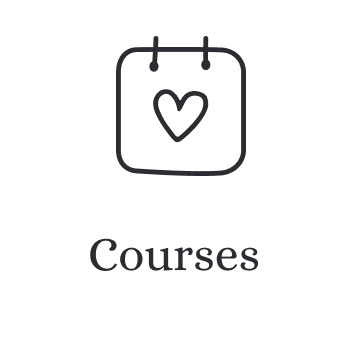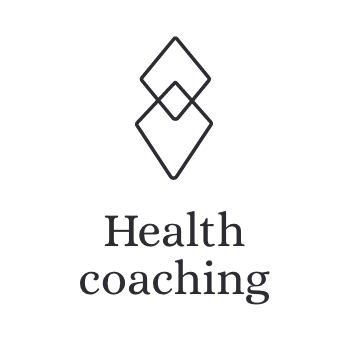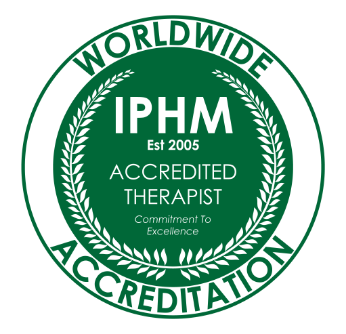What is a health coach exactly?

Key points:
- A Health Coach is a trained professional who helps people actively improve their life.
- Every person is different, that’s why health coaches work with each individual person’s needs in order to help them feel fulfilled and happy with themselves and their surroundings.
- The main reason why people look for health coaches are health related problems, however there are much more to it. You may want to lose or gain weight; manage stress levels, quit smoking, improve your time management skills and much more!
- When finding a health coach the most important thing to do is to find someone that you feel comfortable with. If this condition is not met and you can’t show them your authentic self, real progress just won’t happen.
What is a health coach?
In short, health coaches help people create real change in any aspect of their life, including:
- diet
- fitness level
- career
- relationships
- mindset
- general wellness
Similar to the way a personal trainer guides your physical wellbeing, health coaches are trained professionals who provide frameworks, tools, education, guidance and accountability for your overall health and wellness. Evidence-based practices are implemented to help you achieve your goals by participating fully in your own care and well-being. All this is done through conversation, clinical interventions and strategies tailored to each client’s individual needs.
Nourishment beyond the plate
The Institute for Integrative Nutrition coined the concept of primary and secondary food:
- Primary foods include all things that nourish your soul and spirit
- Secondary foods include food and nutrition
Health coaching comes from within. For this reason, open conversation and a certain level of intimacy is so important between client and coach. By asking the right questions, a health coach will guide you on a journey to finding your own answers. As you might guess, the entire process is not as prescriptive as a consultation with a medical doctor, for example. Health coaches use their holistic approach to help you transform various areas of your life.
Conversation, action, prevention
While conversations with your health coach are essential, the process is more multi-facetted than traditional conversation therapy. It is rather a solution-focused model where your coach will help you find a specific path and actively develop new habits to improve the outcome.
Not only does the continued implementation of beneficial habits help manage and alleviate chronic conditions, for example, it also has a preventative function. Health coaches can help in preventing the development of chronic conditions in the future through active lifestyle improvements.
The 2 foundations of health coaching
There are two principles at the core of health coaching:
- Bio-individuality
- Multidimensionality of health
Bio-individuality
Each person has unique needs and these can change over the course of a lifetime, for example:
- Diet: one person’s food is another person’s poison.
- Lifestyle: early risers and night owls will benefit from different daily habits.
- Career, finances & relationships: “fulfilment” in these areas is a very personal state and each person is unique in the way they may achieve this state.
A health coach takes each client’s bio-individuality into account in order to provide the holistic guidance necessary for clients to actively take steps towards their full potential.
Multidimensional health
Health is holistic and encompasses all aspects of an individual. These are the physical, mental, emotional and spiritual dimensions of health. They are interconnected and influence each other in many ways:
- Physical health or the state of your body: the food you eat, physical fitness, genetics, absence or presence and prevention of diseases.
- Mental health or the state of your mind: your beliefs, personal narrative, self talk, your relationship with stress and your ability to cope with difficult life situations.
- Emotional state or the ability to feel: experiencing, being present with and managing all the emotions that arise on a daily basis. This also includes how you relate with others and with yourself.
- Spiritual state or the condition of your spirit: feeling a sense of purpose and a belief in the connection to something greater than yourself, finding meaning in and alignment with your values, thoughts, words and actions.
The rise of Health Coaching: 3 top reasons
With stress and unhealthy lifestyle habits on the rise in our modern society, it’s no surprise that more and more people are turning to health coaches.
Health and wellness coaching is experiencing rapid growth, but it remains a relatively new field, so it can be confusing to understand what to expect from a health coach, their scope or how they can help you.
What are the main reasons for the rise of health coaching?
1. People want healthier lifestyles
More and more people are starting to take an interest in the cause of their health concerns rather than simply treating the symptoms. There is so much we can do to boost our immune system in a holistic way through well-informed lifestyle changes.
For example: a dermatologist might choose to prescribe topical products, chemicals or lasers to treat symptoms of a health concern presenting as a skin condition. The cause, however, won’t be treated, meaning the source of the problem remains and any topical solution will often only be temporary.
An integrative health coach, on the other hand, can help you investigate the actual cause by looking at other areas of your life and how they influence the symptoms you’re experiencing. If the skin condition is an inflammatory response, you could try cutting out inflammatory foods. Reducing stress levels, getting adequate sleep and physical activity to support your health needs.
2. You can now relate to your healthcare provider
Health coaches often pursue their career path following personal experience with health concerns, such as trauma, chronic anxiety, emotional eating, diabetes, IBDs, or autoimmune diseases, and are often motivated by a deep desire to help others on their own journey. As clients know they’re talking to someone who truly understands what they may be going through, this can make coaches more approachable.
My personal journey is an example of this: for years, I struggled with unknown health issues and visited countless experts on my search for a definitive diagnosis. It was a long path, but I finally discovered that I was struggling with rosacea and coeliac disease. I have since learned how pivotal an anti-inflammatory lifestyle is in keeping my body in balance, and that healing my gut health was the number one factor in transforming my life. Ever since, I have been deeply passionate about helping others on the same journey.
3. Collaboration with other healthcare professionals
The role of a health coach is not to prescribe, diagnose, nor treat any specific condition. They support clients in implementing changes recommended by their healthcare team, providing encouragement, accountability, and motivation to create healthier habits. Without accountability and tools to implement changes, many give up on their holistic healthcare journey in favour of quick fixes.
This is why other healthcare professionals like general practitioners, oncologists, psychiatrists, and dieticians work with health coaches as part of the patient’s ecosystem. They themselves often don’t have the time to personally see you through your journey. With roughly 10 to 12 minutes per appointment, they typically only have time to cover 1 or 2 topics. It is also worth noting that most doctors, other than those specialised in nutrition, receive little nutrition training throughout medical school.
Health coaches, on the other hand, have a strong nutrition focus, usually spend at least an hour with you during each consultation, and tend to be more accessible cost-wise, making them a great addition for ongoing medium to long term support. Health coaching is a non judgmental, pressure free environment where patients don’t feel coerced or intimidated and can progress at their own pace.
Do you need a health coach?
You might have asked yourself “Do I need a health coach?” on several occasions. To answer this, you first need to understand the areas in which health coaches can help you:
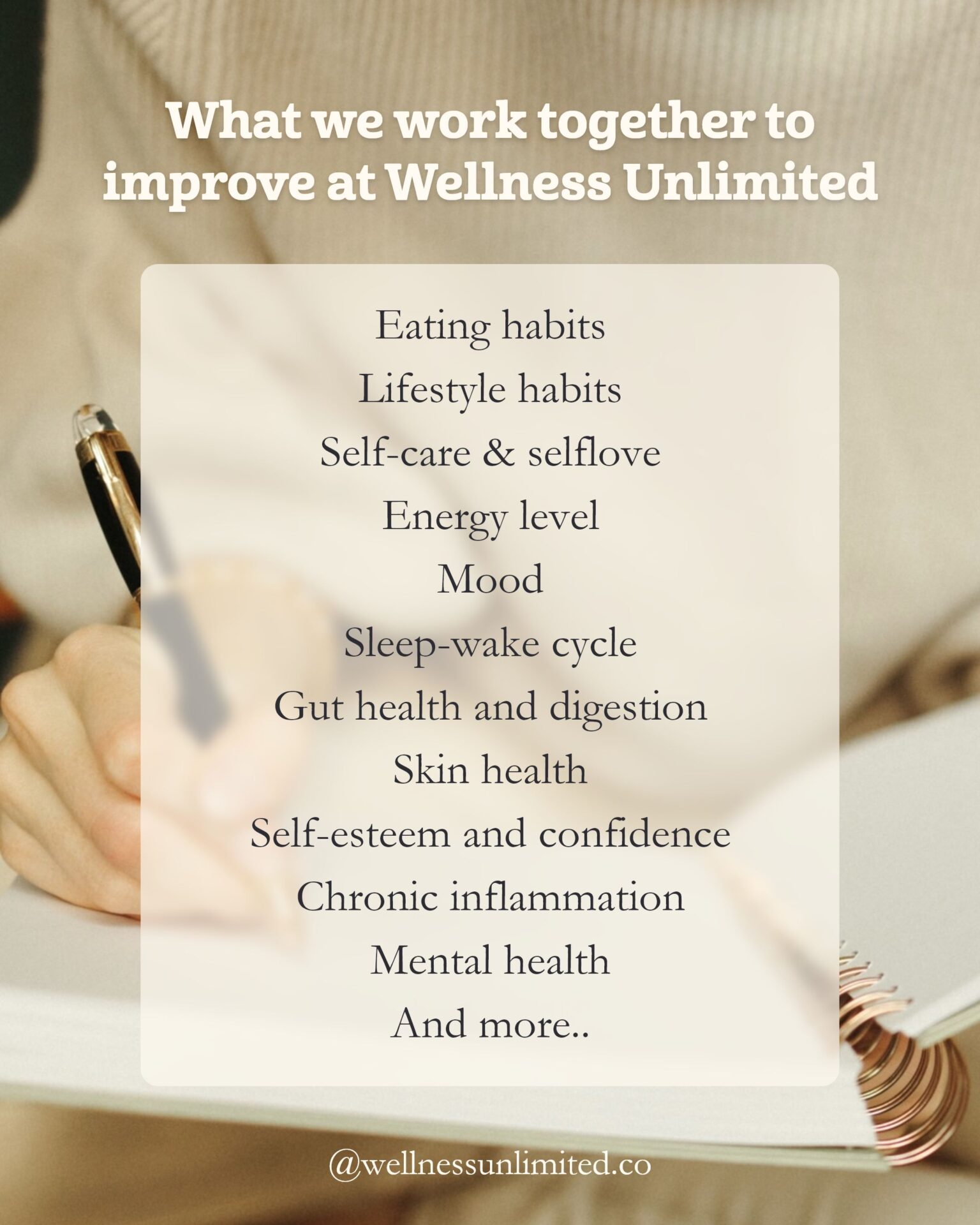
If you identify with any of the categories below, you most likely WILL benefit from working with a health coach:
- You’re not feeling well and don’t know where to start.
- You have received a diagnosis and recommendations from a primary care provider you want help implementing.
- Your family history or perhaps a DNA test tells you that you have a predisposition for certain diseases and want to make changes as a preventive measure.
- You’re looking to make positive changes in your life and want guidance and help in implementing healthy habits.
- You are already making health conscious choices and want some accountability and help when it comes to reaching your next goals.
How to choose a Health Coach
As in most situations, it’s essential to find a health coach who you feel comfortable with. You should never feel judged or misunderstood. To make real progress, you need to be your authentic self, which is best done with someone who you genuinely connect well with.
A good health coach knows how the body works, understands the importance of fitness, has a good basic knowledge of nutrition and is trained to educate, empower and support clients to make positive changes to improve their health and take control of their life.
Good health coaches will
- Provide a safe and judgement free space.
- Put you in the driver’s seat.
- Prompt you to look at various areas of your life to embrace the multidimensional aspects of your health.
- Respect your bio individuality.
- Help you develop your own toolkit.
- Commit to their own personal growth and “practice what they preach”
Choosing a specialised health coach
What also might be helpful when choosing your coach is their background and speciality. Health coaches and other integrative health practitioners often specialise in areas that have impacted them personally. Some coaches may have additional expertise in nutrition, physical activity, mindfulness practices, hypnotherapy, CBT or even alternative medicine practice (Ayurveda, Chinese Medicine, Acupuncture, Reiki…).
My speciality: anti-inflammatory lifestyle
Allow me to present my own speciality as an example: my focus lies in the anti-inflammatory lifestyle, which has completely transformed my own wellbeing and can be a game-changer for people with:
- autoimmune disorders
- IBD & digestion issues
- type 2 diabetes
- endometriosis & PCOS
- skin issues
- depression & anxiety
- neurological conditions
- …and more.
I have created the Anti-inflammatory RESET Method™, full of practical strategies and steps to reduce inflammation for holistic health improvement, creating optimal daily habits and transforming your wellbeing.
What can you expect from health coaching sessions
Every health coach is different and sessions may be personalised based on your needs.
Coaching can be done face to face or remotely from the comfort of your home via a video consultation. Generally a health coaching program covers:
1. Health History
In the initial session, you and your coach will explore your past and current health and wellness together.
2. Coaching Programme
The next stage of the journey is a series of follow-up health coaching sessions, along with optional resources and add-ons. This will guide you towards your health and wellness goals.
These sessions will involve questions around what may or may not be working for you, what could be affecting your health and wellbeing, how you would rate certain areas of your life, and which areas need tending to. With your health coach, you will set goals and begin taking action towards achieving them.
3. Beyond the Coaching Programme
In your final session, you will celebrate your progress and identify key takeaways from your time in coaching.
Your coach will also assist you in creating a sustainable path forward to maintain and continue improving your health and wellness. This may include a self-coaching plan, referrals to other services, available support and resources, or another programme with the same coach.
Health Coaching FAQs
What qualifications do health coaches need?
While anyone could claim to be a health coach since it is an unregulated industry (as with nutritionists, there is no standardised certification), some health coaches are certified and specially trained in behavioural health, nutrition, or alternative medicine such as Ayurveda for example.
It’s always better to seek help from a certified coach to ensure that they have the required level of training and experience. Interested in becoming a health coach yourself? Click here and get a free health coach training program sample class to get you started!
What's the scope of a health coach?
The major difference between a health coach and other traditional health professionals is that, instead of prescribing, they guide and hand over the responsibility to the client.
Health coaches do not diagnose conditions, prescribe treatments, or provide psychological therapeutic interventions. Health coaches assist clients to use their insight, personal strengths and resources, goal setting, action steps and accountability toward healthy lifestyle change.
These goals are based on the client’s own goals and are consistent with treatment plans as prescribed by their primary care physician and/or allied health professional.
Health coach vs Nutrition coach: what’s the difference?
Like a health coach, a nutrition coach’s role is to educate, make suggestions within the scope of their practice and guide their client into developing their own healthy habits. A nutrition coach focus on eating habits above all. Health coaches approach health as a whole, including diet and lifestyle factors.
Health coach vs Wellness coach: what’s the difference?
Much like the term holistic coach, some people will use the terms together or interchangeably, whereas others will see a difference between the two. Wellness coaching refers to deeper internal and emotional work centred around mindfulness, while health coaching refers to managing existing symptoms and integrating nutrition with other aspects of primary food.
Health coach vs Life coach: what’s the difference?
The work of a health coach and a life coach overlap in many ways, but while a health coach looks at all areas of a client’s life that may impact their health, a life coach is focused on personal growth and is not trained in the areas of diet and fitness. They may look at health, but it is not the primary focus. Health coaches will often look at areas of their client’s life to manage stress with the goal to improve overall health.



